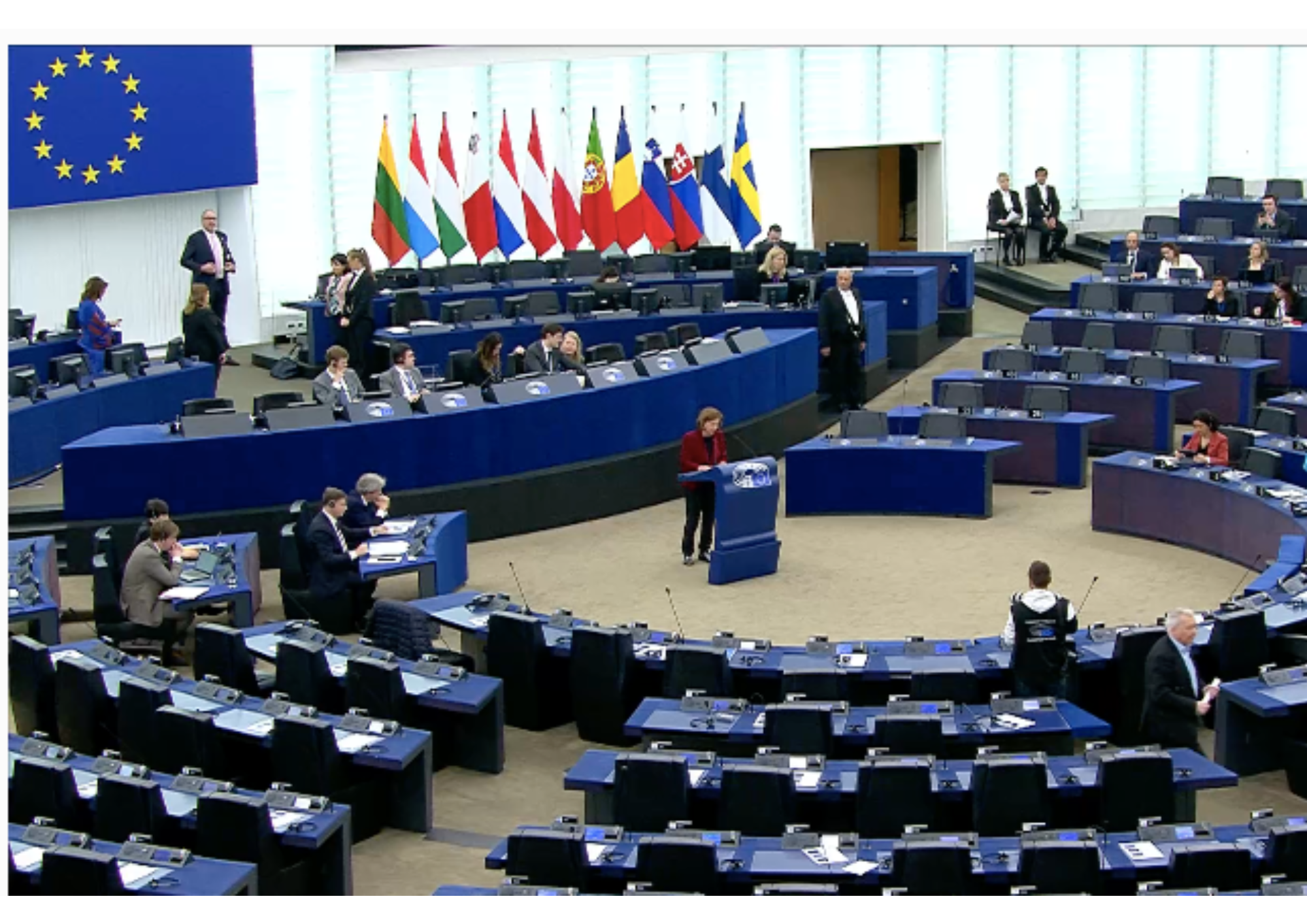Parliament asked on Tuesday for a European directive to stamp out gender-based cyberviolence and ensure convergence at national and EU level.
Following a plenary debate on Monday, MEPs adopted a legislative initiative report on tackling gender-based cyberviolence with 513 votes in favour, 122 against, and 58 abstentions. The text reiterates the EU’s lack of an adequate legal framework to combat the phenomenon, and to protect and support victims. A common definition of gender-based cyberviolence is needed in criminal law, say MEPs, as are harmonised minimum and maximum penalties.
Parliament urges the Commission to criminalise gender-based cyberviolence, and calls for the Council to extend the list of ‘EU crimes’ – i.e. to officially recognise that gender-based violence is a particularly serious crime with a cross-border dimension.
A non-exhaustive list of actions that the legislation should address includes cyber harassment; cyber stalking; violations of privacy; recording and sharing images of sexual assault; remote control or surveillance (including spy apps); threats and calls to violence; sexist hate speech; induction to self-harm; unlawful access to messages or social media accounts; breach of the prohibitions of communication imposed by courts; and human trafficking.
Gender-based cyberviolence has a major impact on people’s fundamental rights and freedoms, on their dignity and on their lives at all levels. We call for legislation, without delay, to combat gender-based cyberviolence, which, in addition to a common definition and measures to protect and support victims, should also include measures to support Member States’ actions in the field of prevention. Gender-based violence, in all its forms, is a crime to which we must show zero tolerance!
Elissavet Vozemberg-Vrionidi (EPP, EL) – Co-rapporteur
Next steps
The Commission has indicated that it will propose a law in March 2022 to combat violence against women that includes prevention, protection, and effective prosecution, online and offline.
Background
The COVID-19 pandemic resulted in a dramatic increase in gender-based cyberviolence. Seven out of ten women have experienced cyber-stalking, according to the European Institute for Gender Equality (EIGE).
Since September 2021, Parliament has called for offline gender-based violence to be criminalised under EU law. The Istanbul Convention remains the most comprehensive international treaty addressing the root causes of gender-based violence in all its forms.












